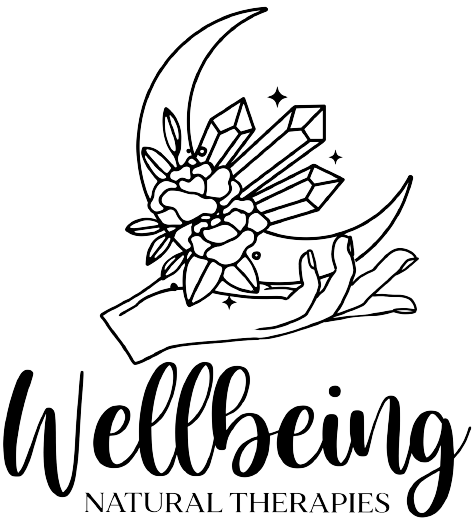Menopause, a natural phase in a woman's life, brings with it a host of physical and emotional changes. As traditional treatments may not always provide complete relief, an emerging approach gaining popularity is reflexology. This ancient practice involves stimulating specific points on the feet, hands, and ears to restore balance and alleviate menopausal symptoms. In this blog post, we'll explore the effectiveness of reflexology in managing menopause, along with crucial insights into what to avoid during this transformative phase and the key reflex points for hormonal balance.
Does Reflexology Help with Menopause?
Reflexology has shown promise in helping women navigate the challenges of menopause. While not a cure, reflexology may offer relief from various symptoms associated with this phase of life. By focusing on specific reflex points, practitioners aim to stimulate energy flow and promote overall well-being. Many women have reported a reduction in the frequency and intensity of hot flashes, improved sleep quality, and a better ability to manage stress and anxiety through regular reflexology sessions. However, individual responses may vary, and it's important to approach reflexology as part of a comprehensive menopause management plan, consulting with healthcare professionals.
What Not to Do During Menopause
Navigating menopause requires a holistic approach to health and well-being. Here are some considerations for what not to do during this phase:
- Ignoring Regular Exercise: Physical activity is crucial for maintaining overall health and managing weight, which can be challenging during menopause. Engaging in regular exercise can help alleviate symptoms such as mood swings and fatigue.
- Neglecting a Balanced Diet: Hormonal changes during menopause can impact metabolism and bone health. A balanced diet rich in calcium, vitamin D, and other essential nutrients is vital for supporting overall health.
- Overlooking Emotional Well-being: Menopause can be emotionally challenging. Ignoring mental health and failing to seek support can exacerbate symptoms like anxiety and depression. Engaging in activities that promote relaxation, such as meditation or yoga, can be beneficial.
- Ignoring Regular Health Check-ups: Menopause is a time when preventive health measures become even more critical. Regular check-ups, including screenings for osteoporosis and heart health, are essential for maintaining overall well-being.
Reflexology Points for Hormonal Balance
Reflexology focuses on specific points associated with hormonal balance to alleviate menopausal symptoms. Here are key reflex points that practitioners may target:
- Pituitary Gland (On the big toe): This point is associated with hormone regulation and may help balance the endocrine system.
- Thyroid Gland (Base of the big toe): Stimulation of this point may contribute to thyroid function and help alleviate symptoms like fatigue and weight gain.
- Ovaries (Inside of the ankle): Targeting the reflex points for ovaries can help address hormonal imbalances and support reproductive health.
- Adrenal Glands (Top of the foot): The adrenal glands play a role in stress response and hormone production. Reflexology on this area may help manage stress and anxiety.
While reflexology holds promise in providing relief during menopause, it is crucial to approach it as part of a holistic health plan. Understanding what not to do during menopause and incorporating reflexology, along with other lifestyle adjustments, can contribute to a smoother transition through this transformative phase.
